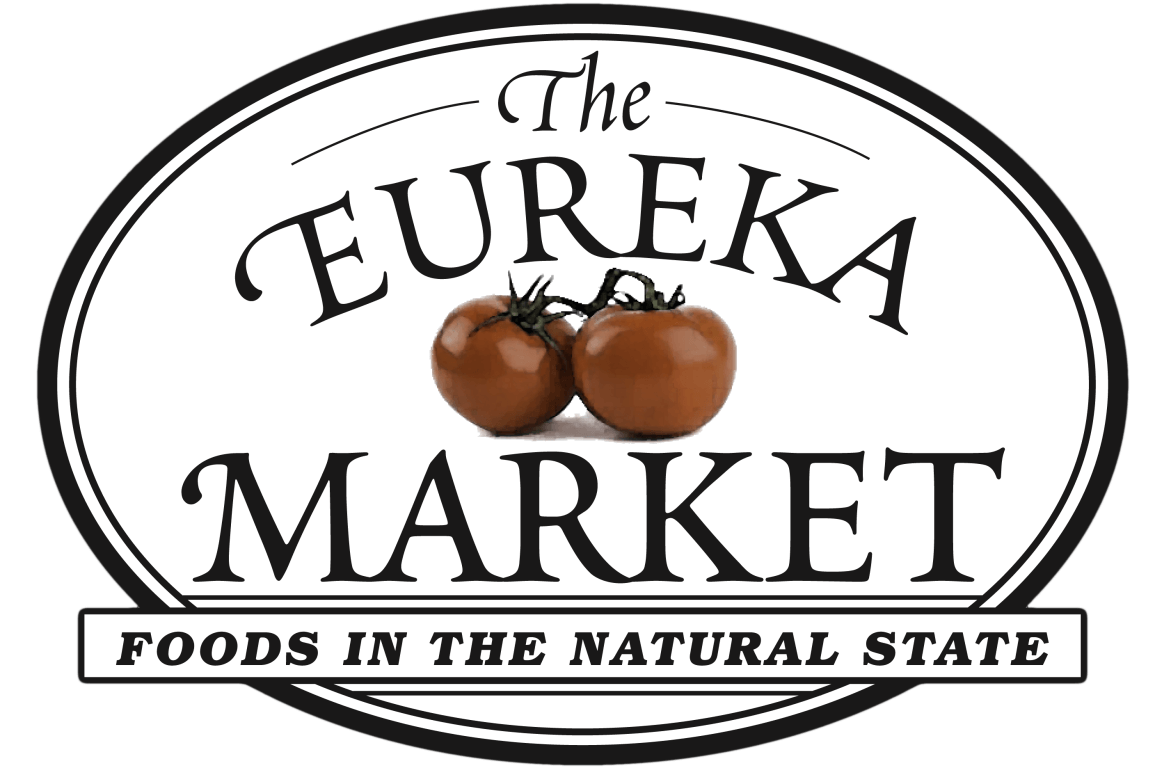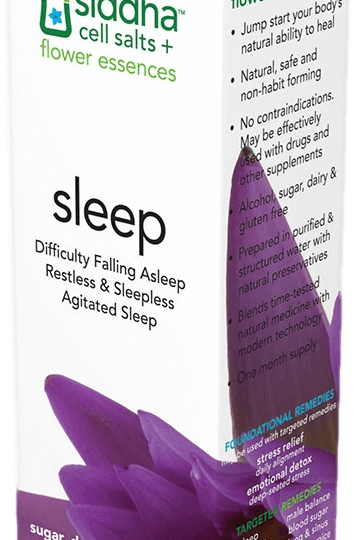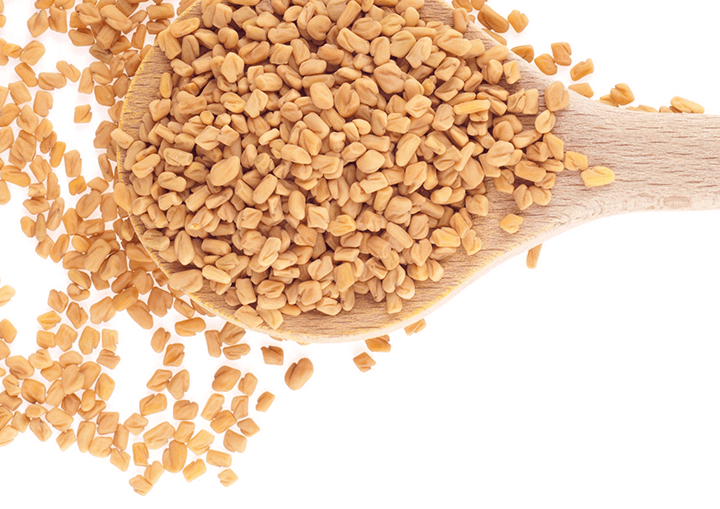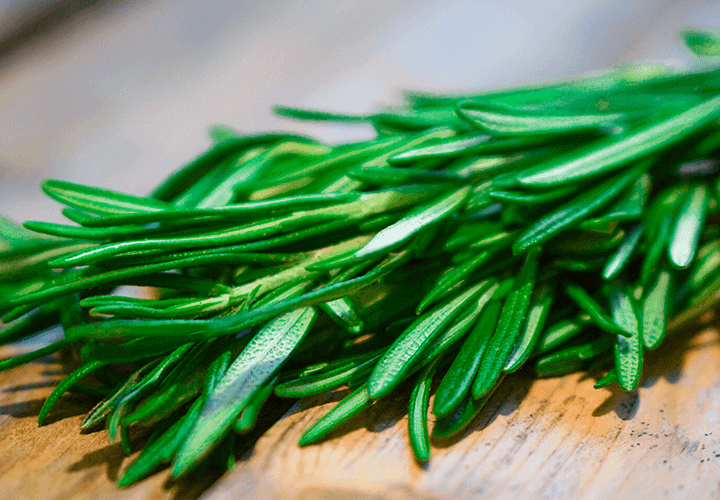Herbal Immune Support – Education Guide #303
Name
What is it
What it does
Astragalus
Astragalus membranaceus, also known as milk vetch root; long used in Traditional Chinese Medicine (TCM)
Traditionally used for frequent colds, shortness of breath and fatigue; has been shown to heighten the activity of immune cells in a “resting” state in addition to encouraging immune cell proliferation
Echinacea
Also known as purple coneflower, often grown in gardens; several Echinacea species have shown medicinal qualities
Used as an antimicrobial by 19th-century Eclectic practitioners; analyses of clinical data support echinacea’s use in the treatment and prevention of upper respiratory infections
Garlic
Allium sativum L., used in cultures around the world as a culinary and medicinal herb
Extracts have demonstrated antimicrobial and immune-stimulant properties; also found to support overall well-being, including cardiovascular health
Green Tea
Camellia sinensis, native to southern and eastern Asia; source of all beverages labeled “tea,” including green
Long valued by Chinese healers for its many medicinal properties; EGCG, tea’s main component, has been found to fight bacteria, fungi and viruses; also available in extract form
Maitake
Grifola frondosa, a large, edible mushroom also known as “hen of the woods” for its ruffled appearance
Appears to stimulate a wide variety of immune-system components, among them macrophages, cells that engulf and digest microbes, and NK cells; has shown anti-cancer effects
Olive Leaf Extract
From the same tree, Olea europaea, that produces table olives; native to the Mediterranean area
Traditionally used to ease fevers; contains oleuropein, which fights bacteria and viruses; acts as an anti-inflammatory and antioxidant; has also been found to lower glucose and blood pressure levels
Shiitake
Lentinus edodes, an edible mushroom native to the Far East and now cultivated commercially
Contains amino acids and B vitamins; helps stimulate the development of immune system cells; also helps to lower cholesterol levels and fight tumors
Vitamin A
Fat-soluble nutrient in animal products such as eggs and dairy; precursors in produce such as carrots and pumpkins
Initially called “the anti-infective vitamin” because of its importance to immune function; also crucial to proper eyesight, gene regulation and fetal development
Vitamin C
A water-soluble nutrient also known as ascorbic acid; found in a variety of produce including citrus fruit and tomatoes
Stimulates a number of immune cells and helps protect them from free-radical damage; also an essential cofactor in numerous enzymatic reactions within the body
Zinc
A nutritionally essential mineral found in shellfish, beef and other red meats in addition to legumes and nuts
Required for proper development of immunity factors called T cells; even mild deficiency has been linked to impaired immune function; also vital for neurological and reproductive health
Ashwagandha
Withania somnifera, a small, woody scrub native to India, Africa and the Mediterranean also known as “winter cherry”; used in Ayurvedic medicine as a Rosayana, an herb that promotes all-over well-being
Helps regulate immune function and help the body adapt to stress (which can depress immunity); has shown anti-anxiety and antidepressant properties; appears to stimulate a sluggish thyroid; eases arthritis pain
NAC
N-acetyl cysteine, a derivative of the amino acid L-cysteine
Helps clear mucus from the lungs; has led to less severe cases of flu and bronchitis in studies; promotes greater cellular health
Selenium
A trace mineral found in Brazil nuts and various types of seafood
Helps regulate immune cell function; deficiency has been linked to impaired immune response and increased cancer risk
All Eureka Market Education Guides are intended for educational purposes only. The guides are NOT intended to substitute for professional medical consultation and as such, do not diagnose, prescribe or offer personal medical advice. Always consult with your health care professional before taking supplements with prescription medications.




